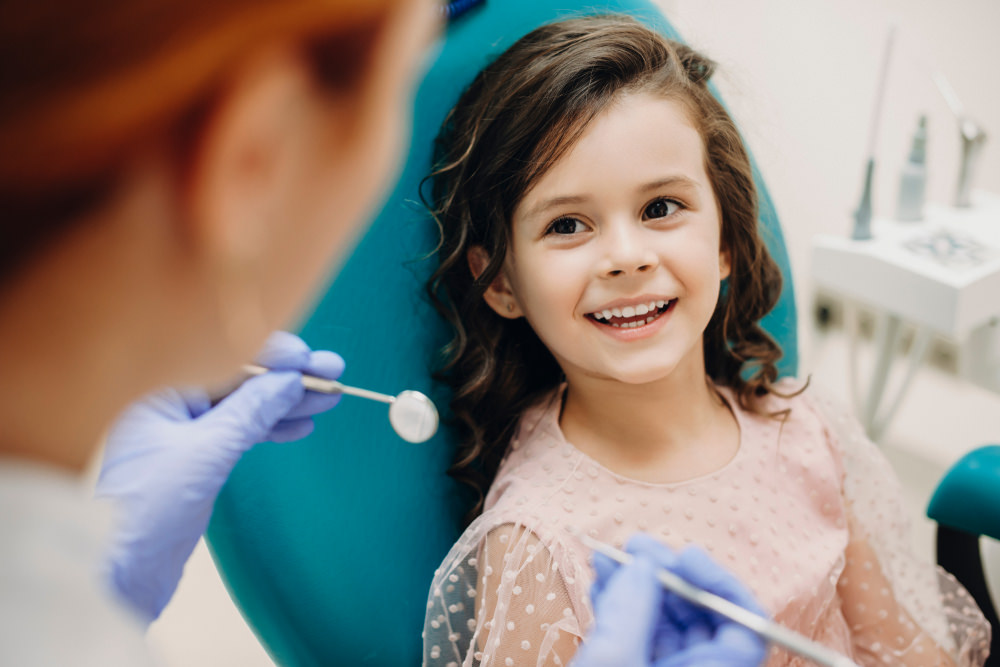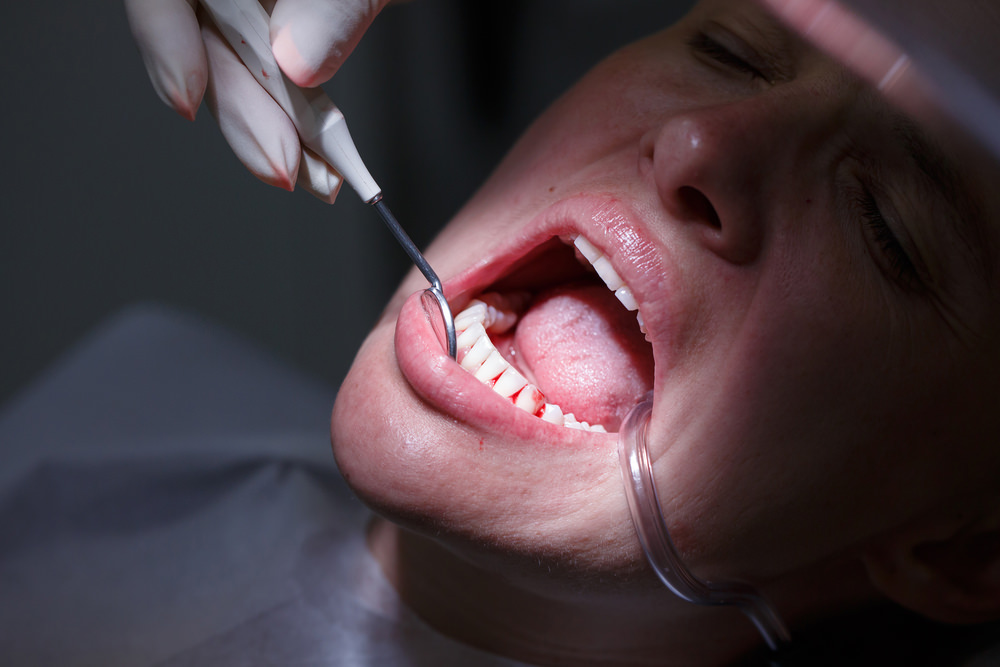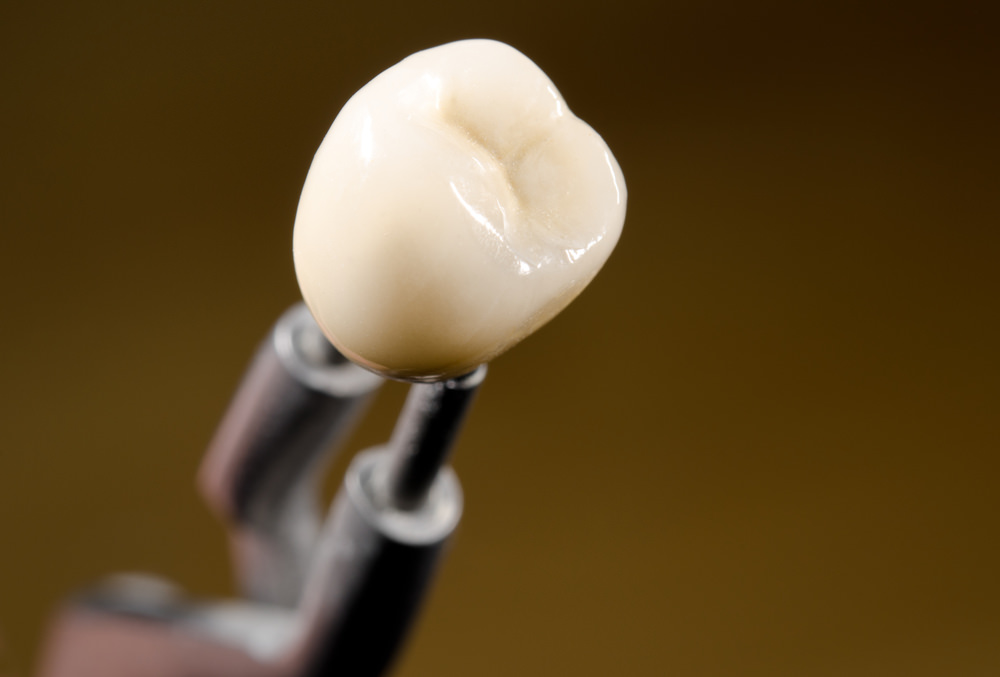Dental Paediatric Costs – What You Can Expect
Have those of you with young children ever considered – are you paying more for paediatric dental treatment?
A Paediatric Dentist is a specialist and you are likely to pay a lot more than your standard dentist.
However, it is always good practice to see your dentist first and have them assess your child’s mouth first. Should your child require a Paediatric Dentist it is then an option you have up your sleeve.
You may be eligible to get your dental bills covered as well. So, to put it simply – no, you do not have to pay more for paediatric dental treatment.
Let’s begin discussing how to brighten your child’s smile.
Are There Specialists for Childrens’ Dentistry?
Yes, a children’s specialist is known as a paediatric Dentist.
These Dentists’ have studied an extra 3 years after general Dentistry, focusing on Paediatric Dentistry.
This additional training allows them to specialise solely on the many oral health care needs of children, such as:
- Their physical and intellectual progress and maturation from when they are born until adolescence.
- Identifying the causes of, and how to treat, their oral diseases, i.e. decay, missing, extra, or badly formed teeth, etc.
- Use specialised methods to treat nervous young children or those with anxiety i.e. using local or general anaesthetics or dental sedation.
- Treat children with special needs, such as:
- Medical, physical, and intellectual conditions, and
- Those with behavioural difficulties i.e. Autism or ADHD.
- Teaching children how to brush their teeth.
- Giving parents an oral health care plan tailored to the child’s needs, with nutritional advice to:
- Reduce the risk of further dental problems as they age, based on their disabilities and other background information.
Please note that visiting a Paediatric Dentist will cost roughly twice the amount of seeing your regular Dentist.
Most regular Dentists also have been trained and have all the knowledge to treat your children’s dental needs.
However, a specialist Paediatric Dentist has access to a surgical unit or a hospital where treatment is able to be carried out under General Anaesthesia.
General anaesthesia may be used for very young children or children with special needs.
Specialist Dentistry – All You Need To Know contains detailed information on the:
- Differences between a specialist Dentist and your regular Dentist.
- Advantages/disadvantages
What Are Common Causes for Children to Visit the Dentist
There are several common reasons that we see a child in the dental chair.
These are listed for you below.
Familirisation
Bringing children to the dentist as a routine visit will allow the child to enter an unfamiliar area and make it safe, especially if only playtime and an exam are necessary.
In this way, if treatment is needed the child is not confronted with the unknown in pain or discomfort.
Bottle Caries
If you put your baby to bed with a bottle of milk (breast or otherwise), the swallowing muscles and saliva flow are stagnant in sleep.
So the milk may remain in the mouth while the child sleeps.
The amount of sugar in the milk while in contact with the baby teeth could slowly dissolve the baby teeth.
As the teeth dissolve and the night feeding continues the now weakened baby teeth may develop tooth decay.
So by exposing your baby’s teeth to an extensive amount of sugar by putting the bottle teat or dummy into honey or any sugary substance will cause tooth decay.
But if you prolong the contact of the sugar with the teeth then the decay could be extensive.
Only water should be put into a bedtime bottle.
Even with breastfeeding if your baby falls asleep if you are able to introduce a gauze into the baby’s mouth and wipe away the excess breast milk this will help to stop the accumulation of milk in the mouth
Bottle caries are usually evident in the upper teeth as the tongue may protect the back and lower teeth from the sugar.
Decay
If the decay of the baby teeth becomes extensive it may travel to the nerve inside the baby teeth through to a nerve this could cause an abscess or even damage the underlying permanent adult teeth.
It is necessary to protect baby teeth from decay because the decay will become wider and will need to be treated.
Your dentist will need to remove the decay and put in a filling into the baby tooth.
Treating very young children could traumatise them and the child could hold onto the trauma for future treatment.
Treating small children the dentist will usually remove the decay without any local anaesthetic as the feel of the local anaesthetic is usually traumatic for the child as it is difficult to explain the effects to the child.
If the decay travels to the nerve of the baby tooth then an abscess and pain results.
Treating small children in pain is uncomfortable for the child but an abscess cannot be left in the mouth as it could damage the underlying adult teeth and cause systemic symptoms for the child.
Infection
When there is decay in a baby tooth, the nerve of that tooth can become infected.
If this happens, it is vital to clear that infection, or your child could get sick and have fevers.
When a baby is teething and the teeth are erupting this is a form of infection in the mouth until the teeth break through the gums. This could cause fevers, rashes and systemic illness
Any infections of the mouth must be treated but with teething mother will know how to soothe the baby and help the baby through this time.
Honey
An old wives tale is that putting honey on your children’s gums will help with their teething pain.
I cannot stress this enough – PLEASE DO NOT do this.
It is unsafe, and it will cause extensive problems with tooth decay. Honey may also contain bacteria which should not be introduced to a young child.
Traumatic Injuries
Whilst learning how to walk, there is a big chance that your child will fall and hurt themselves.
Learning to walk and during play, there can be many ways that the teeth could be damaged.
Falling against furniture is the biggest cause of tooth damage.
One warning is to not let your baby run with pencils, rulers, anything in their mouth. Falling with objects in the mouth could be the major cause of tooth and throat damage.
Because of this, you must be very attentive.
Remove all objects which could be put in the mouth while the baby is learning to walk.
Even when the baby is walking remove rulers, scissors or long objects that the baby could put in the mouth. Always supervise pencil use.
If your child falls and damages their mouth:
Soft Tissue Injury of Lips, Tongue, Cheeks or Gum
There will most likely be bleeding. This will heal in due time.
The problems occur if the teeth have been hit. This could result in:
Knock to the Teeth
If a tooth has been knocked sufficiently it may come out of the socket
Either partially or completely. If the baby tooth comes out completely we do not reinsert the baby teeth.
If the baby tooth is only misaligned we may re-align the tooth and just let it heal.
But if the damage is extensive the best option is to just remove the baby tooth.
If the tooth has been knocked it may damage the nerve inside the tooth. The tooth may stay in its place but may become either dark, pink or yellow.
Dark: the nerve inside the tooth has died. Monitor the tooth and ensure that no infection is associated with the tooth.
Pink: the tooth is trying to regenerate from the knock. Monitor it and ensure no infection as any infection associated with the tooth it is best to remove it.
Yellow: The nerve inside the tooth is trying to lay down more tooth structure to regenerate and again if no infection it is kept to ensure that we do not traumatise the child.
Fracture
If the tooth is not extensively fractured the dentist may just polish off the fracture to stop any further damage.
If the baby child can eat and drink milk than any treatment is just so that there is no further damage or sharpness to the surrounding tissues.
Loss of Teeth
Front teeth lost does not have bearing on the position of the permanent teeth.
But canines (eye teeth) and posterior teeth (back teeth) act as guides for the eruption of the permanent teeth.
So the dentist may try and treat and keep the baby teeth for as long as possible so that the permanent teeth can be guided into position.
Any damage to the baby teeth will usually signal the permanent teeth to erupt sooner than the expected eruption.
So trauma to baby teeth is common.
Have an evaluation done by your dentist. Your dentist should be able to treat your child in a calm effective manner and monitor your child’s baby teeth.
But if treatment for infection and tooth removal may require a referral to a Specialist Paediatric dentist who can use General Anaesthetic or sedation to restore badly broken down baby teeth or removal of teeth.
The Dummy
A very delicate subject controversial subject.
No one can dictate or advise a parent on this subject.
So many factors are involved. Parents should really research this subject and find the best fit for their lifestyle and their abilities.
I would like you to consider some facts:
If you introduce a dummy then the time will come where you will need to take that dummy away.
Placing a dummy in the child’s mouth will change the way the child sucks and swallows.
The oral musculature of the mouth will form around the dummy.
Just consider that anything that:
Applies pressure in the mouth, where the tongue is limited and unable to expend any force, can have some effect on the growth and appearance of the face. This also includes sucking fingers or thumbs.
Potential outcomes include:
- Swallowing is the main factor for the internal arrangement of the oral cavity. The force of the tongue is 500grams. If the tongue is not up against the palate when swallowing then the tongue is needing to get the seal for swallowing at the front of the mouth. The pressure of the tongue at the front of the mouth will cause growth aberrations of the face. When the swallowing patterns have been altered other structures of the mouth have to compensate and the position of the teeth will be altered.
- Crowded teeth. Forces of fingers, thumb and dummy will cause the jaws to grow in the direction of the force. This direction of growth may cause the size of the jaws to diminish and may cause crowding of teeth.
- Forces of the swallowing, dummy, thumb or fingers may stop the correct eruption of teeth.
- Interruptions of growth of bones and teeth eruption may cause narrowing of the airway which could result in snoring, grinding and sleep apnea.
- Reduced maturing of muscle and again change the directions of growth of the face.
How to Take Care of Children’s Teeth – The Definitive Guide discusses what else you, as a parent, can do to keep these issues from occurring.
Diet
Minimize all refined sugars. The best sugars come from nature as they contain the enzymes and the nutrients to metabolize the sugars.
Oral Hygiene
Introduce brushing as early as you can. (Please do not let the child run around with a toothbrush in their mouth.)
No toothpaste should be used with children unless it is a natural toothpaste so please read the instructions carefully.
Letting a baby chew on the rush is very effective in cleaning teeth.
Let the baby/child watch the mirror and stand behind them with their chin gently in your hand.
Open the mouth and try to brush every surface of the upper and lower jaws.
Chewing
Chewing on celery and other raw vegetables naturally cleans the teeth.
Sugar
Substitute all sugars for natural sweeteners found in coconuts, fruit and vegetables.
There are wonderful ice cream and confectionary brands which have no sugar and is naturally sweetened.
When making cakes use these natural sweeteners and add spinach, beetroot, broccoli and other wonderful vegetables into your muffins, cupcakes and baked goods.
Tongue tie
Tongue ties can come in degrees of severity. It is best to seek a dentist with experience and who has studied the effects of tongue-tie.
Recently tongue-tie has become a controversial topic but if your baby is having problems with feeding, not being able to latch onto the nipple (bottle-fed babies may have difficulty in swallowing) or you can see that the tongue is forked during the baby’s crying.
Please do your own research as an undiagnosed tongue tie could also be implicated in the formation of the mouth.
Who Should Your Turn to Regarding a Children’s Dental Emergency?
The first person you should call in an emergency dental situation is your Dentist. The local hospitals have dentists on call during after hours.
It is important you know that your children’s primary teeth (otherwise called baby teeth), whilst only short-term, do serve important functions.
Baby teeth guide the adult teeth into the correct space.
Gaps between baby teeth are advantageous in predicting how much space will be available for adult teeth.
The position and bite of the baby teeth are also a predictor of the growth of the face.
So, the way the baby teeth grow and the decay incident is a predictor for when the adult teeth erupt.
If the diet and forces on the baby teeth are not taken into account then the adult teeth may be affected.
Good habits when started early could be implemented and kept for life.
So if your dentist addresses the diet and oral hygiene habits it is another means for your child to adopt these good habits.
It may help to look at this website, which provides some excellent advice as to what you can do in emergency situations.
Are Children’s Dental Bills Covered Under Medicare?
The Australian Government covers the cost of dental bills for some children under Medicare.
You can see whether your child is entitled to the Child Dental Benefits Schedule on the Australian Governments’ website.
If you are not entitled to this, you may be interested in the Smile Squad.
Can You Use Minor and Major Dental Insurance for Childrens’ Dentistry?
This ultimately depends on the health insurance company, but generally, you CAN use both minor and major dental to claim for children’s dentistry.
Please note that they will only cover your regular Dentist, not a specialist (paediatric) Dentist.
You must also be sure that you claim your Extras cover as a family, or a single parent, so your child is covered.
Dental Insurance – The Australian Guide explains exactly how dental insurance works.
Or, feel free to read The Difference Between Major and Minor Dental Cover if you want:
- Some suggestions on which one may best suit you and your family, and
- To know the cost differences.
Conclusion
Children’s Dental specialists, known as Paediatric Dentists, have studied an extra 3 years to prevent, diagnose and treat problems in children.
They can provide dental care information for you and your child.
However, this can cost twice as much as visiting your regular Dentist.
Therefore it is a good idea to see your regular dentist first who will be able to recommend you to a Paediatric dentist, should you need one.
Taking these steps will save some time and money.
What has your experience been like with your kid’s teeth?
By Dr. V
Created at November 09, 2020, Updated at January 25, 2025





